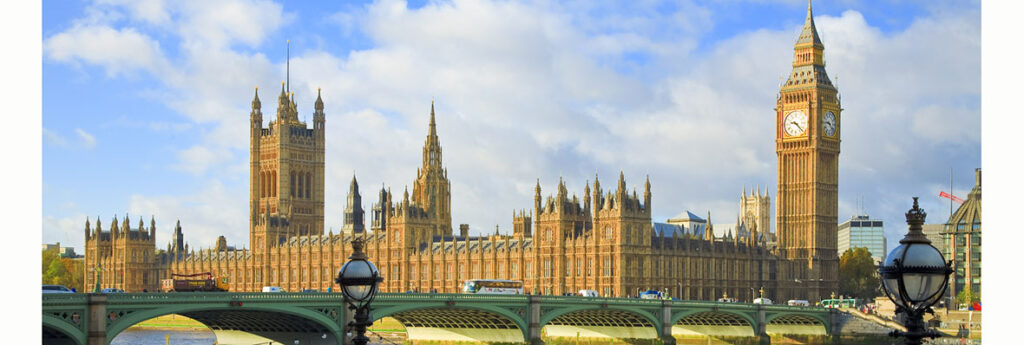The last time Britain’s economy declined as badly as 2020, Queen Anne was on the throne, the War of the Spanish Succession was raging, and the population of England was less than 5.5 million. But 1709 also saw the “Great Frost” – a cold spell that saw icebergs float into the North Sea and destroyed the largely rural economy.
Of course, 2020’s collapse – the economy shrank 9.9 percent in Britain – was caused by the coronavirus pandemic, which closed shops and restaurants, devastated the travel industry, and curtailed manufacturing.
The decline was more than twice the figure for 2009 at the height of the global financial crisis, Britain’s Office for National Statistics reported Friday – the largest drop more than 300 years.
The data comes as Britain’s economy remains shackled by restrictions designed to combat COVID-19. A rebound in growth during the fourth quarter has been stifled by England’s third lockdown, which has closed schools, restaurants, and non-essential shops since mid-December. Tough restrictions also remain in place in Northern Ireland, Scotland, and Wales.
“(The) figures show that the economy has experienced a serious shock as a result of the pandemic, which has been felt by countries around the world,” the UK’s top treasury official, Chancellor Rishi Sunak, said in a statement. “While there are some positive signs of the economy’s resilience over the winter, we know that the current lockdown continues to have a significant impact on many people and businesses.”
Sunak said he would announce new plans to protect jobs and bolster the economy when he delivers his annual budget statement to the House of Commons on March 3.
COVID-19 has hit Britain’s economy harder than most other industrialized democracies: French GDP shrank 8.3% last year, Germany 5% and the US 3.5%.
In hopes of relaxing the restrictions that have devastated the economy, the UK has moved to rapidly vaccinate its most vulnerable residents. More than 13.5 million people, or about 20 percent of the population, had received at least one dose of COVID-19 vaccine by Feb. 10 and everyone over 70 was vaccinated (15 million people) with two doses by February 15.
And Britain’s scientific advisers say they are confident the coronavirus outbreak is shrinking across the country for the first time in more than six months.
Andy Haldane, chief economist for the Bank of England, said the vaccination drive is helping Britain turn a corner in its battle against the virus and lifting COVID-19 restrictions is likely to unleash a wave of spending by consumers and businesses that will trigger a rapid recovery later this year.
“A decisive corner is about to be turned for the economy, too, with enormous amounts of pent-up financial energy waiting to be released, like a coiled spring,” Haldane wrote in the Daily Mail.
But that optimism comes against the backdrop of Europe’s deadliest coronavirus outbreak, with more than 115,000 deaths recorded so far.

